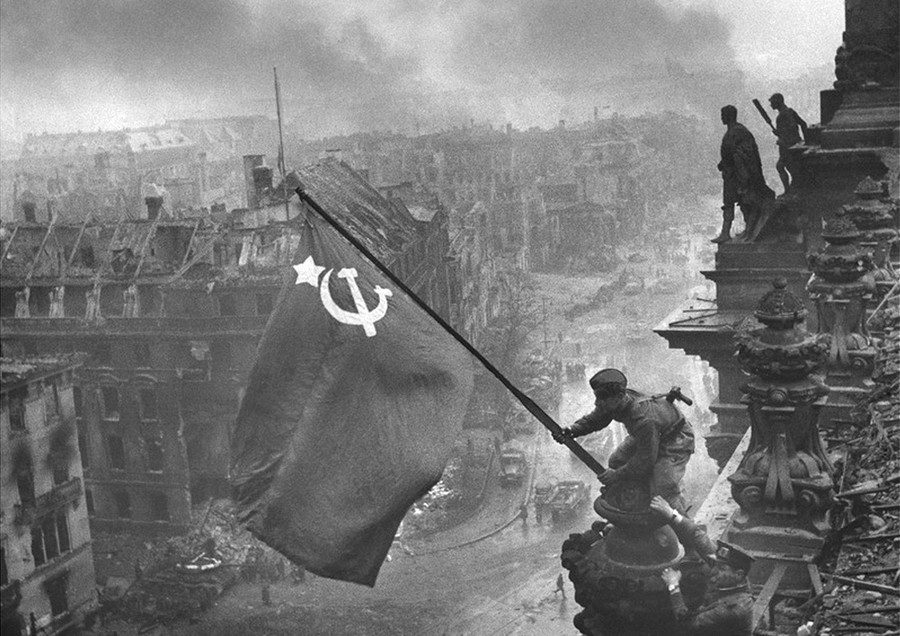The Fall of Berlin: The Final Days of Hitler and Nazi Germany were a pivotal moment in World War II, marking the end of Hitler’s reign and the defeat of Nazi Germany. The battle for Berlin lasted from April 16 to May 2, 1945, and culminated in the surrender of German forces and the suicide of Adolf Hitler. As Soviet forces closed in on Berlin from the east, Hitler and his inner circle retreated to the Führerbunker beneath the Reich Chancellery. The city was heavily defended by German troops, but they were eventually overwhelmed by the Red Army. The Fall of Berlin was a turning point in World War II, signaling the end of Hitler’s brutal regime and the defeat of Nazi Germany.
The Fall of Berlin: The Final Days of Hitler and Nazi Germany
The Fall of Berlin was a pivotal moment in World War II, marking the end of Hitler’s reign and the defeat of Nazi Germany. The battle for Berlin lasted from April 16 to May 2, 1945, and culminated in the surrender of German forces and the suicide of Adolf Hitler.
The Battle for Berlin
As Soviet forces closed in on Berlin from the east, Hitler and his inner circle retreated to the Führerbunker beneath the Reich Chancellery. The city was heavily defended by German troops, but they were no match for the overwhelming numbers and firepower of the Red Army.
Despite fierce resistance, the Soviet forces managed to breach the city’s defenses and began to encircle the German defenders. Street fighting raged in the bombed-out ruins of Berlin, as both sides fought for control of the city.
The Surrender and Suicide
As the situation in Berlin grew increasingly dire, Hitler realized that the war was lost. On April 30, 1945, he married his long-time partner, Eva Braun, in the Führerbunker. Later that day, Hitler and Braun committed suicide by ingesting cyanide and shooting themselves.
With Hitler dead, his successor, Grand Admiral Karl Dönitz, ordered the surrender of German forces in Berlin on May 2, 1945. The surrender marked the end of the Battle for Berlin and the defeat of Nazi Germany.
The Legacy of the Fall of Berlin
The Fall of Berlin was a turning point in World War II, signaling the end of Hitler’s brutal regime and the defeat of Nazi Germany. The battle for Berlin was one of the bloodiest and most destructive of the war, with thousands of civilians killed and the city left in ruins.
The Fall of Berlin also marked the beginning of the end of World War II in Europe. With the defeat of Nazi Germany, the Allies turned their attention to Japan and the war in the Pacific.
Conclusion
The Fall of Berlin was a momentous event in history, bringing an end to Hitler’s reign of terror and the defeat of Nazi Germany. The battle for Berlin was a brutal and destructive conflict, but it ultimately paved the way for the liberation of Europe from fascist tyranny.
Today, the Fall of Berlin stands as a stark reminder of the horrors of war and the importance of standing up against tyranny and oppression. It is a testament to the courage and sacrifice of those who fought to bring an end to one of the darkest chapters in human history.
